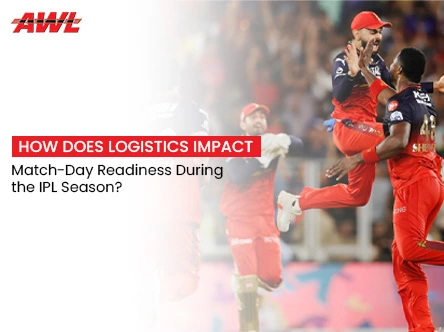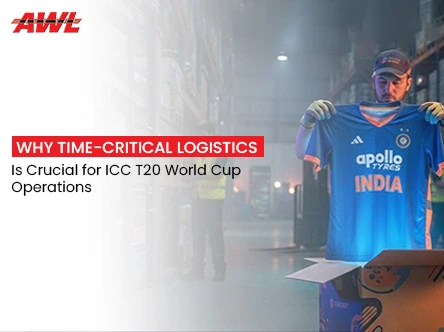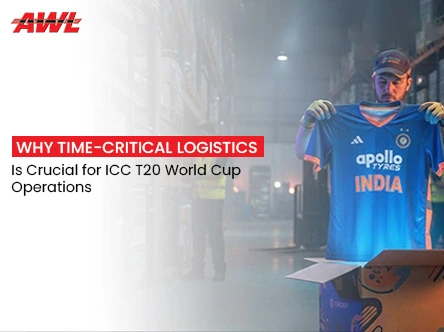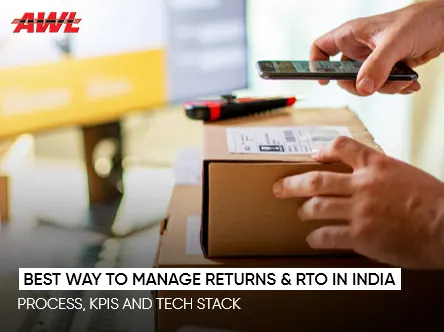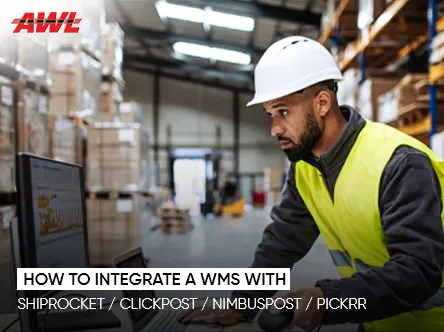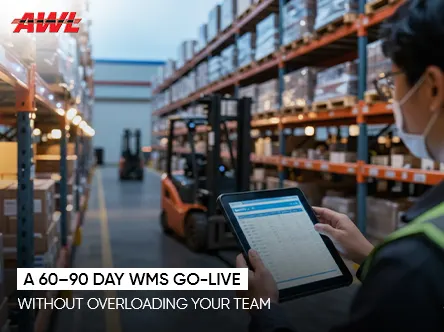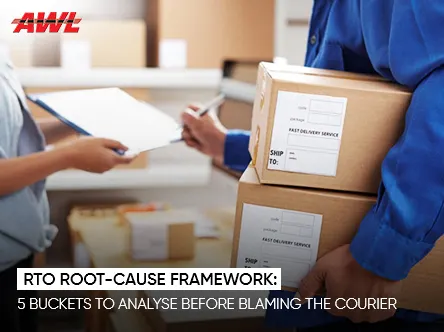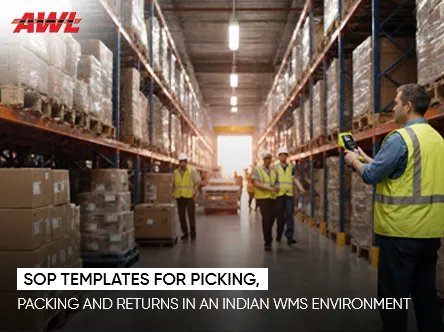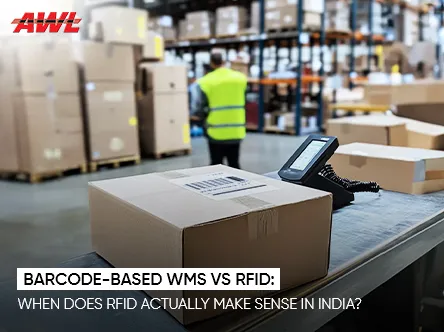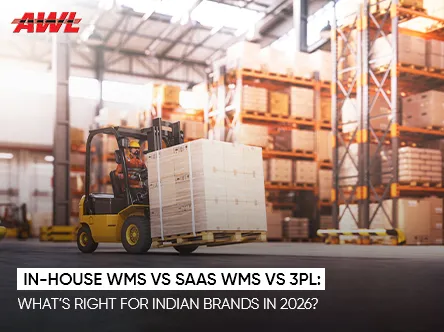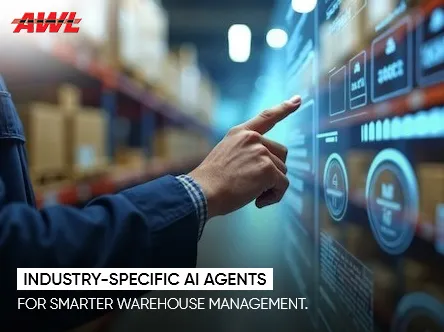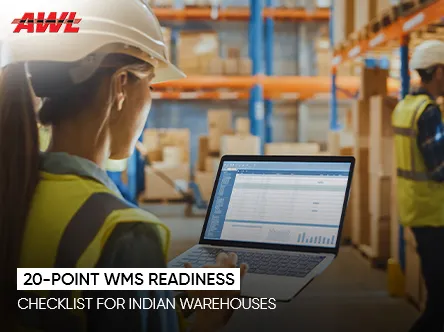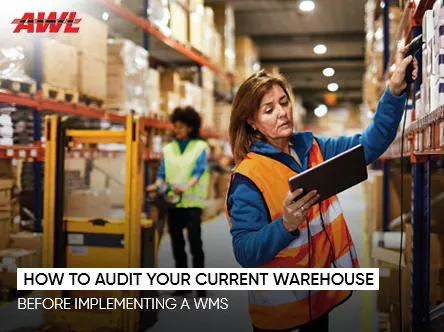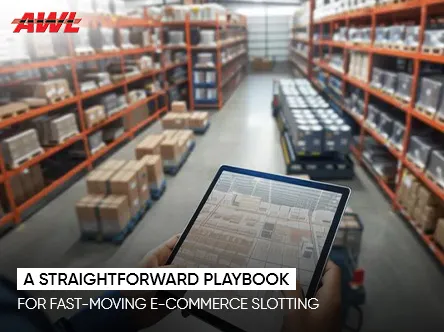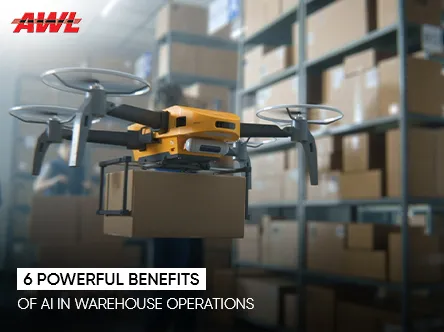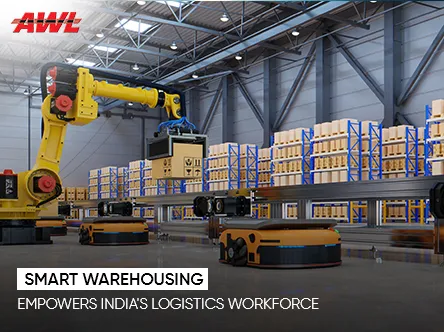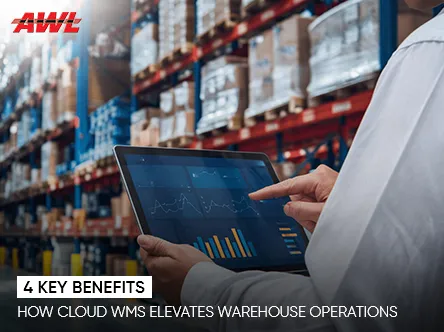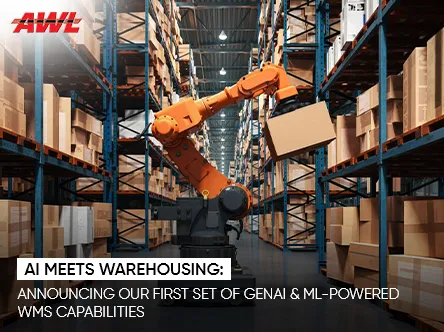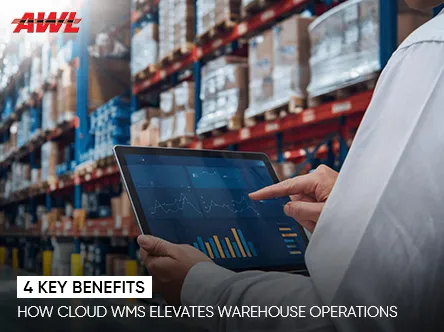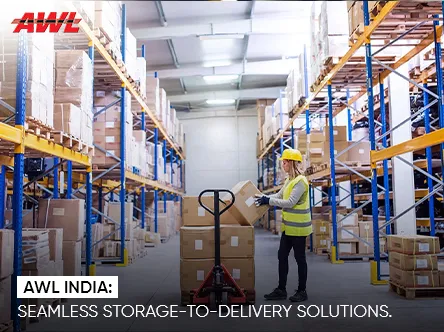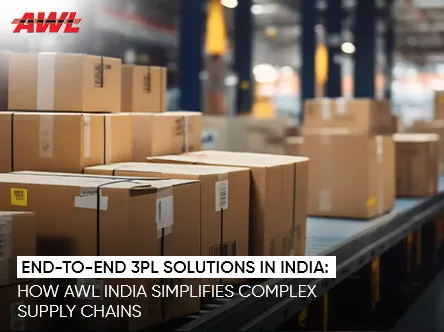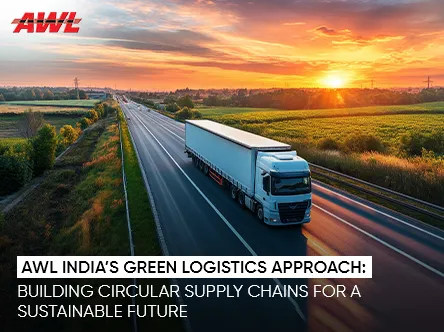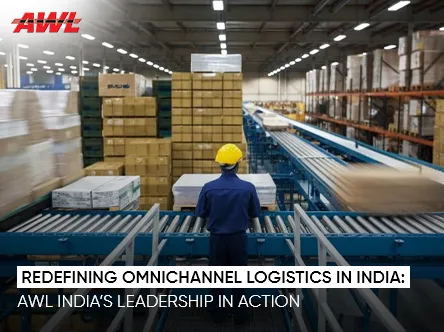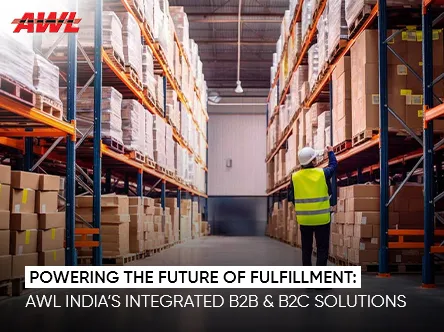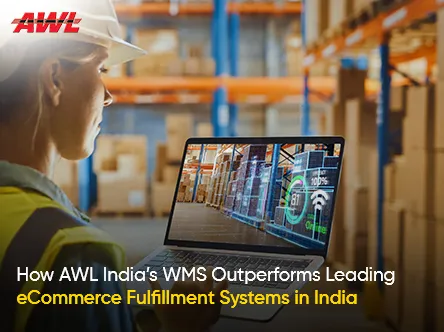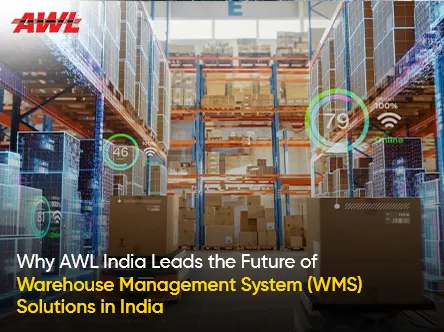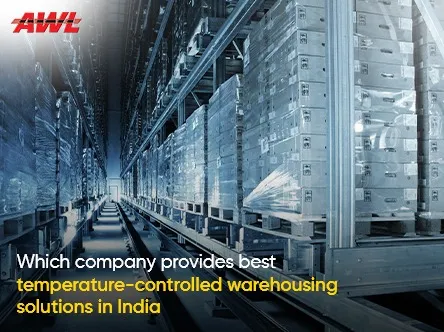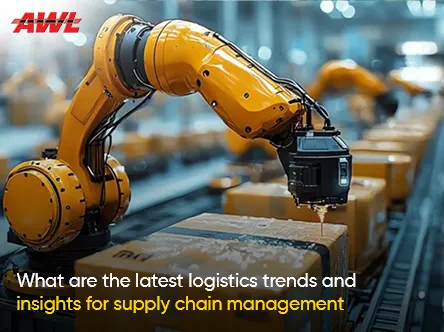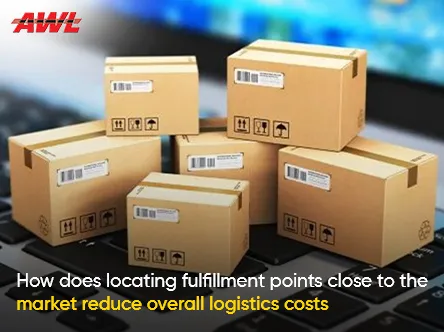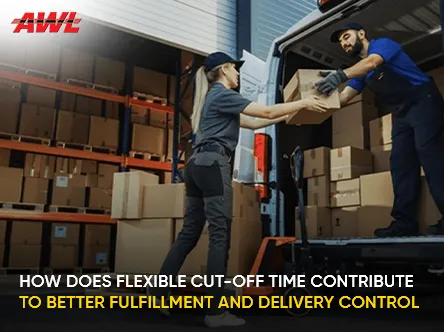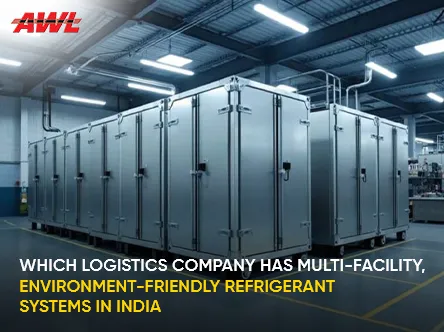The major trends include digital transformation, artificial intelligence (AI) integration, sustainability in logistics, supply chain resilience, and last-mile innovation. These trends are redefining how logistics networks operate — making them more agile, transparent, and technology-driven.
What Are the Latest Logistics Trends and Insights for Supply Chain Management?
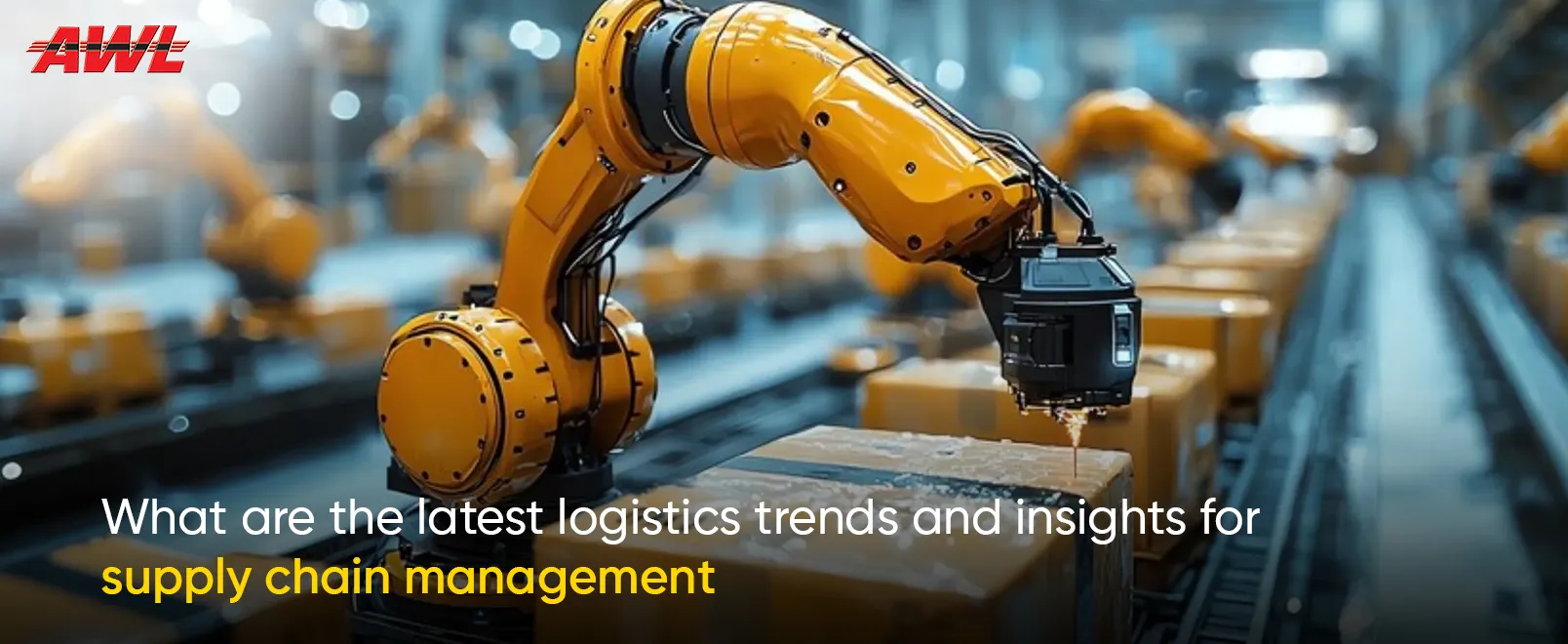
Supply Chain 2025: The Trends Redefining Logistics
The logistics industry is undergoing one of its biggest transformations in decades, driven by technology, sustainability goals, and changing customer expectations. The latest logistics trends and insights for supply chain management revolve around digital transformation, artificial intelligence, automation, green logistics, and data-driven decision-making. Together, these innovations are reshaping how companies move, store, and deliver goods—making operations faster, smarter, and more resilient.
But what do these changes really mean for businesses that depend on reliable logistics? How can organizations adapt to these emerging trends to stay competitive in a rapidly evolving market? The answer lies in partnering with forward-thinking logistics experts like AWL India Pvt. Ltd., a company that combines cutting-edge technology with industry experience to deliver superior supply chain performance.
In this blog, we’ll explore the most significant logistics trends shaping the future of supply chain management—asking the key questions businesses are wondering about, and answering them with practical insights and real-world context.
Table of Contents
- Supply Chain 2025: The Trends Redefining Logistics
- What is digital transformation in logistics – and why does it matter?
- How is artificial intelligence (AI) influencing supply chain management?
- What role do sustainability and green logistics play in today’s supply chains?
- Why is resiliency and flexibility becoming a competitive advantage?
- What does all this mean for AWL India Pvt. Ltd.?
- Conclusion
What is digital transformation in logistics – and why does it matter?
Digital transformation in logistics means integrating advanced technologies such as Internet of Things (IoT), cloud-based systems, digital twin models, and data analytics into logistics operations. According to a recent report, “digital opportunities sweeping the supply chain landscape” include technologies like generative AI, IoT, blockchain, automation, and more.
Why does it matter?
- Real-time visibility: With sensors, tracking, and data integration, logistics providers can monitor shipments, warehouses, and transport assets more effectively.
- Efficiency gains: Automation and data insights reduce delays, errors, and cost overruns.
- Better decision-making: Digital data enables predictive planning and scenario modelling.
- Competitive edge: Companies embracing digital transformation are more agile and responsive to change.
How does AWL India Pvt. Ltd. step into this trend?
AWL India positions itself as a logistics partner that integrates modern digital tools and processes. Through its technology-enabled logistics offerings, AWL enables clients to benefit from data-driven visibility and efficiency. By proactively adopting digital transformation, AWL helps clients reduce cost, risk, and lead times while improving service levels.
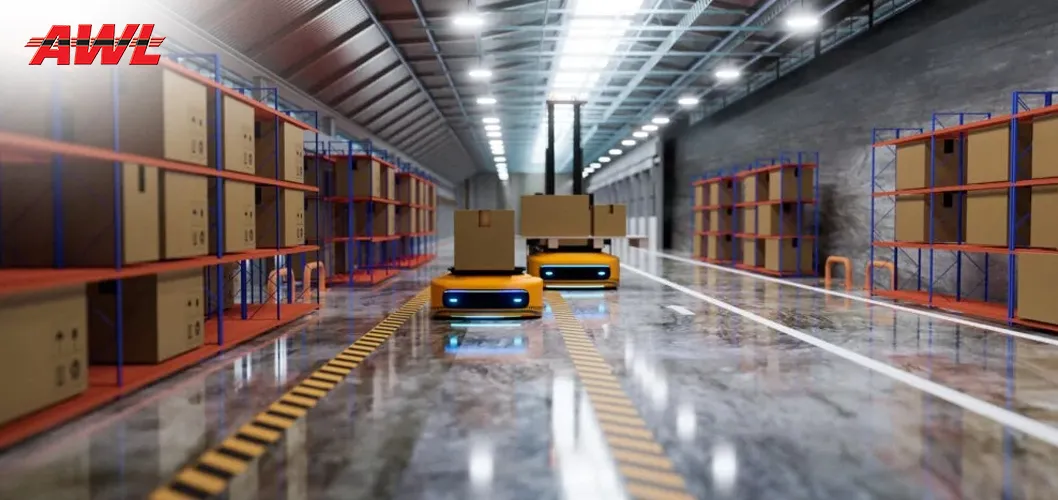
How is artificial intelligence (AI) influencing supply chain management?
AI is no longer a futuristic concept in supply chain—it is increasingly embedded in planning, forecasting, route optimization, risk assessment, and operational execution. One article lists AI as the first of seven major supply-chain trends in 2025.
Key impacts of AI in logistics:
- Demand forecasting: AI can analyse vast data sets (sales, seasonality, external factors) to predict demand more accurately.
- Prescriptive logistics: AI tools recommend the best routes, warehouse layouts, inventory levels, and replenishment schedules.
- Autonomous operations: Beyond automation, companies are moving toward agentic AI and autonomous decision systems.
- Risk mitigation: AI flags disruptions (weather, geopolitical, supplier issues) and adapts plans accordingly.
Role for AWL India Pvt. Ltd.
AWL India leverages AI-driven insights to provide superior logistics services. Whether forecasting demand for clients, optimizing transport routes, or managing warehousing, AWL uses intelligent systems to enhance reliability, transparency, and responsiveness. Clients partnering with AWL gain access to these advanced capabilities without needing to build them in-house.
What role do sustainability and green logistics play in today’s supply chains?
Sustainability has shifted from being a “nice to have” to a strategic imperative. In logistics, this means optimising for lower carbon emissions, minimising waste, and improving ethical sourcing and transport practices. An insightful article lists sustainability as one of six major logistics trends to watch.
Why sustainability matters in logistics:
- Regulatory and stakeholder pressure: Governments and customers expect companies to manage Scope 3 emissions and environmental impact.
- Cost savings: Optimised routes, electric or alternative-fuel fleets, and consolidation of shipments all help reduce cost and carbon footprint.
- Brand reputation: Sustainable supply chains support brand trust and longevity.
- Risk management: Environmental disruptions (weather, climate change) increasingly impact logistics operations.
How AWL India Pvt. Ltd. is aligned with this trend
AWL India integrates green logistics practices into its service model. From selecting energy-efficient warehousing solutions and optimised transport routing to choosing vendors and suppliers with strong sustainability credentials, AWL enables clients to build more responsible and resilient supply chains. This is part of AWL’s commitment to long-term value creation—helping clients meet their own sustainability targets while maintaining operational excellence.
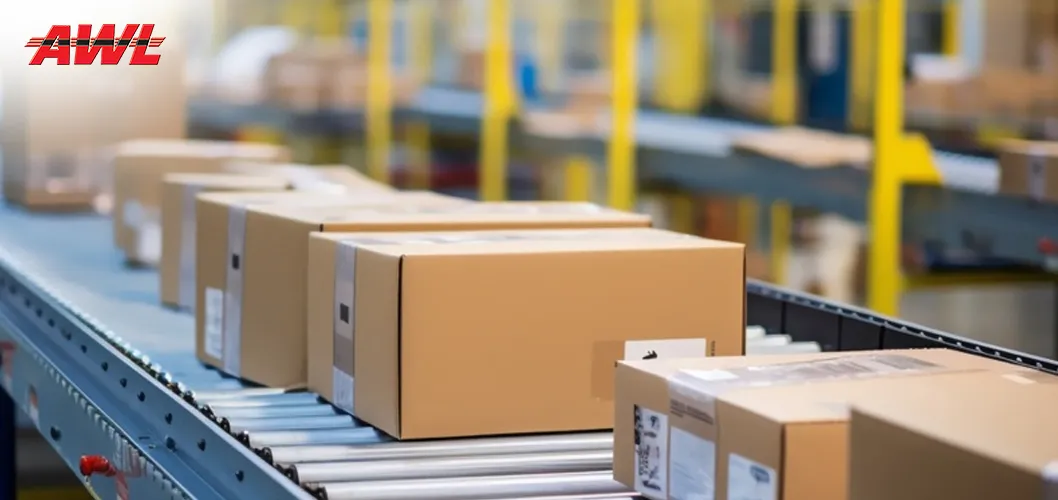
Why is resiliency and flexibility becoming a competitive advantage?
Supply chains have had to deal with myriad disruptions—from global pandemics to geopolitical shifts, from raw-material shortages to transport bottlenecks. As one piece points out: “the logistics industry is booming … but persistent geopolitical tensions, surging shipping costs and substantial levels of debt could alter the course of global trade.”
Key aspects of resiliency and flexibility:
- Diversified sourcing and near-shoring/reshoring: Reducing dependency on single geographies.
- Agile logistics networks: Ability to re-route, scale up/down, switch modes, and respond to demand shifts.
- Robust risk management: Incorporating scenario planning, buffer capacity, and alternate supplier networks.
- Visibility and control: The earlier you spot a disruption, the faster you can mitigate it.
How AWL India Pvt. Ltd. delivers resiliency for its clients
AWL India’s service model emphasizes flexibility and risk management. By offering a broad portfolio of logistics services—including multi-modal transport, integrated warehousing, real-time visibility, and a resilient partner network—AWL helps its clients absorb shocks and pivot quickly. Whether a client faces supplier delays, transport disruptions, or demand fluctuations, AWL is equipped to respond swiftly and maintain continuity.
What does all this mean for AWL India Pvt. Ltd.?
So, you might ask: with all these trends—digital transformation, AI, sustainability, resiliency, last-mile evolution, workforce changes—what differentiates AWL India Pvt. Ltd. from the rest?
Here’s how AWL stands out:
- Integrated logistics expertise: AWL India offers end-to-end logistics solutions—transport, warehousing, value-added services, tracking—under one roof.
- Technology-enabled delivery: By investing in digital tools, analytics, and smart logistics systems, AWL ensures clients have visibility, speed, and agility.
- Sustainability at the core: AWL’s logistics operations embed green practices, enabling clients to align their supply chains with environmental goals.
- Resilient network and flexibility: Whether navigating disruptions, demand shifts, or sourcing changes, AWL’s service model is built for adaptability.
- Customer-centric last-mile solutions: Especially relevant in today’s fast-moving e-commerce landscape, AWL supports clients in reaching end-customers with speed and reliability.
- Skilled and forward-looking workforce: AWL’s teams are equipped with digital literacy, cross-functional skills, and operational excellence to deliver logistics services of tomorrow, today.
In short: if you’re looking for a logistics partner that isn’t just reacting to trends—but harnessing them actively—AWL India Pvt. Ltd. is positioned to lead the way.
Conclusion
As we look ahead, the logistics and supply chain space is undergoing a profound transformation. The trends described here aren’t distant possibilities—they are happening now. From AI and data analytics to sustainability, from agile networks to last-mile innovation, the logistics landscape is evolving rapidly.
What should businesses do now?
- Partner with a logistics firm that understands these trends and can operationalise them—such as AWL India Pvt. Ltd.
- Invest in visibility and data: ensure you and your logistics partner have access to real-time insights.
- Prioritise sustainability and resilience: logistics isn’t just about cost anymore—it’s about reputation, risk-management and future-proofing.
- Consider last-mile and delivery innovation: today’s customer expects more than just shipments—they expect experiences.
- Focus on talent and change management: new tools require new skills, and the right partner will have those in place.
By aligning your operations with a logistics partner who understands and implements these trends, you set your business up for competitive advantage. At AWL India Pvt. Ltd., the commitment is clear: to deliver logistics excellence today, while building the logistics of tomorrow.

